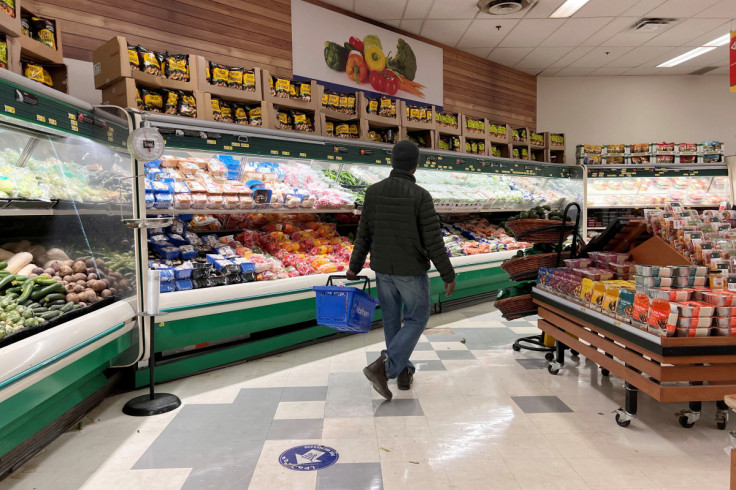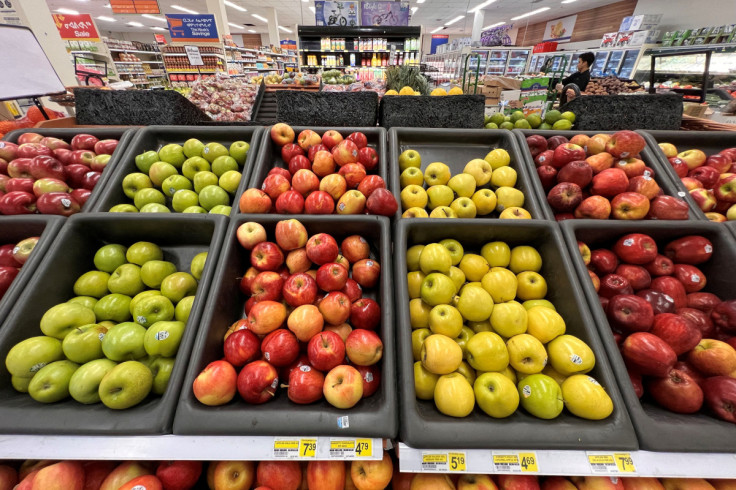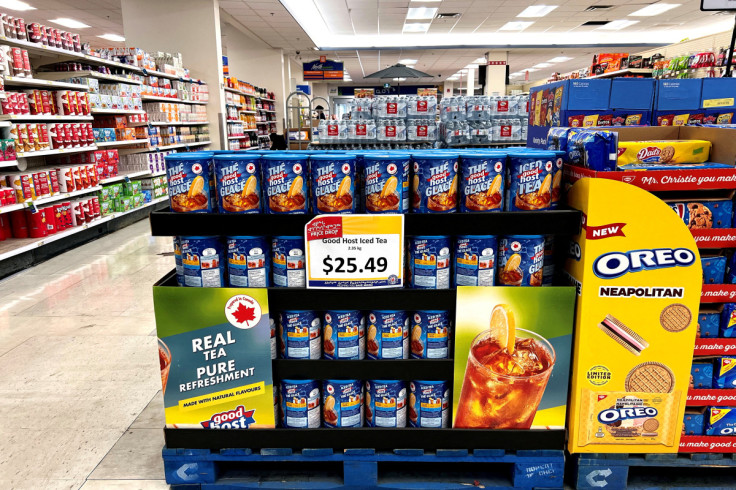Cold and hungry: Food inflation bites Canada's north
In Canada's remote north, residents have long paid dearly for food, and rising prices have worsened an already dire situation, exposing the vulnerability of one of the world's biggest exporters of grains and meat.

In Canada's remote north, residents have long paid dearly for food, and rising prices have worsened an already dire situation, exposing the vulnerability of one of the world's biggest exporters of grains and meat.
Communities in Nunavut -- the largest of the three territories that make up Canada's northernmost region -- have no roads to connect them with each other, forcing them to rely on fresh food airlifts twice each week. Permafrost and freezing temperatures nearly year-round make growing crops impractical.
Supply chain disruptions driven by the coronavirus pandemic and Russia's invasion of Ukraine have worsened food insecurity in poor countries globally. Nunavut's experience shows it has taken a toll on poor regions of even rich nations like Canada, which is the No.3 exporter of wheat and pork.

In stores in Nunavut's capital Iqaluit recently, a bag of cherries sold for C$21 ($16.34), and a six-pack of bottled water cost C$19 - both about double the cost in southern Canada. A 12-pack of soft drink cans sold for C$27, triple the price in the south.
Iqaluit resident Nathaniel Chouinard, 35, says he used to spend C$500 every two weeks to feed his family of six. Since January, he has been spending C$150 more every two weeks.
"I compensate by working more hours," said Chouinard, who works two jobs in security and information technology. "I'm spending less time with my family."
The Qajuqturvik Community Food Centre in Iqaluit, a soup kitchen that offers free meals to those in need, says by June this year it had served 20,000 meals - the number served up in all of 2021.
"Food insecurity in the north was already called the longest-lasting public health emergency in Canadian history," said Rachel Blais, Qajuqturvik's executive director.
"The sharp increase in demand we've seen in the last seven months is alarming."
Nunavut's Family Services Minister Margaret Nakashuk said hunger was hampering the ability of children to learn in school and fueling crime, especially break-ins.
'GETTING WORSE'
It is difficult to quantify how much food prices have risen in the north this year. Statistics Canada's measurement of inflation in the northern territories is limited, only assessing price increases in the three main cities and not breaking out individual components like food and fuel.
Iqaluit's consumer price index has doubled since the start of this year, hitting 4.3% in June and well above the Bank of Canada's 2% target. That is well below Canada's national inflation rate of 8.1%, mostly because Nunavut's government made bulk purchases of fuel before prices spiked.
The region has long struggled with food sufficiency. According to a 2020 Statistics Canada study, 57% of households in Nunavut dealt with food insecurity in 2017-2018, the highest level among provinces and territories in the country. Food insecurity is defined as a household lacking money to buy the variety or quantity of food it needs.
Residents benefit from the Nutrition North federal food subsidy, which lowers the price of certain foods in some northern communities. But that is failing to reduce inequality, says Qajuqturvik's Blais.

The region is also unable to directly reap the benefits of having waters swimming with fish. More than 95% of the turbot and shrimp caught offshore are exported because the territory lacks both a deepwater port to offload its catch as well as research to identify economic fishing locations closer to shore, said Brian Burke, executive director of the Nunavut Fisheries Association.
The Canadian government has promised C$40 million to build Nunavut's first deepwater port, but that is a few years away.
Blais, the soup kitchen director, said there is also concern among people in Nunavut that stores may be charging too much.
North West Co, one of the biggest grocers in northern Canada, last year reported profit that was up 82.5% from its 2019 level. However, that reflects consumers buying more during the pandemic and the company's profit ratios are in line with those of southern grocery chains, said Mike Beaulieu, vice president of Canadian store operations at North West.
Regulations to cut down on overpackaging and lengthen expiry dates could help, since Nunavut's biggest additional cost is flying in food, Beaulieu said.
For example, a third of a box of cereal is often just air and certain foods carry longer best-before dates than needed, he said.
Iqaluit Mayor Kenny Bell said he doesn't blame food companies.
"It's really expensive to do business here," he said. "It is definitely getting worse."
($1 = 1.2849 Canadian dollars)
Copyright Thomson Reuters. All rights reserved.





















